Here is part 2 of my interview with Coach Sutherland about her coaching philosophy and insight in to the recruiting process.
My first encounter with SMU Coach Jeanne Sutherland goes back to a funny story that my parents like to tell. When Coach Sutherland was the Texas A&M head coach, she watched me play and asked my parents if she would be wasting her time getting a SC girl to come play golf in TX. They quickly replied with a “yes”. Needless to say they didn’t want their baby girl playing college golf halfway across the country. Can’t say this small town girl disagreed. But I recently was able to reconnect with Coach Sutherland who after 15 years at Texas A&M took over the head women’s job at Southern Methodist University in 2011. What has really impressed me about Coach Sutherland is the insight she provides through her own blog , http://12monthsofgolfinvail.blogspot.com/. Just a few minutes of browsing through her articles and you will quickly see the passion she has for coaching and helping others achiever their goals.
What do you look for with a resume, swing video? Scores. I hate it when players write things like “it was really windy” or “I’m good for how long I’ve been playing”. I don’t want the player’s story. I want scores and I want players who understand that scores matter just as much on a really windy day as they do on a calm day. A resume is just a starting point for me. If I’m intrigued or interested, the search has just begun and I will track down every score that player has ever made. I like videos, but they are also just a starting point. I want to watch players in person. I want to see if they can bounce back, if they pout, if they treat their parents with respect, if they hold their head up after a double, if they have a little zip in their step, if they have some feel, if they can hit shots, if they can chip with something other than their lob wedge, etc. etc. etc.
What are some good questions you ask players on visits to help determine best fit? I often challenge players by asking them what they will bring to the team. I also want to know if they love the game and how they prove it in their daily life. It is hard to know what to ask these days, because we are getting players to commit before they actually have a lot of depth or self-knowledge. Most of us were pushed along until we were 16 or 17. Then, you start to make decisions about what you do with your free time, but often our kids are committed by then, both to their school and their path.
What are some good questions they should ask you to help determine best fit? Does your team hang out together off the course? How many weekends off will I get? (few!) What are your practices like? I would also say that the best way to find out about a team and its culture is by talking with players, not coaches.
How much does length play a factor in recruiting a player to a D1 program? What do you consider short, average and long off the tee? One of our best players is short (225-235 off the tee) and it doesn’t matter, because she has accepted it and uses her accuracy as her strength. Every game has stress. If you are long off the tee (270-^) you might not be as accurate. The trick is to accept what you bring to the table, play to your strengths and score with it. If I recruit a player who is short and she talks a lot in the recruiting process of gaining length, I will move away from that recruit. If the same player told me she wanted to be the best in college at up and downs and putting, I’d offer her a scholarship. It’s all about owning what you have and using it to compete.
How important is fitness and nutrition for a junior golfer? It is crucial and ignored all at the same time. It’s just lucky kids are young and move well more naturally. The sooner they learn how to work out in a way that will help them move efficiently and how to get proper nutrition, the better. By the time they get to the tour, they are already starting to break down and lose energy. That is when the importance of proper fitness and diet really become clear. Almost every tour player feels that those are priorities in his or her life.
What other advice would you give a junior golfer and/or parents who are going through the process? Love the game and not the achievements. Find a coach who loves the game as much as you do. Go some place where you can play, because it is rare to improve when you aren’t playing tournaments. Find a place to play where the players feel like they ran out of time at the end of four years. Avoid places where the players can’t wait to leave.



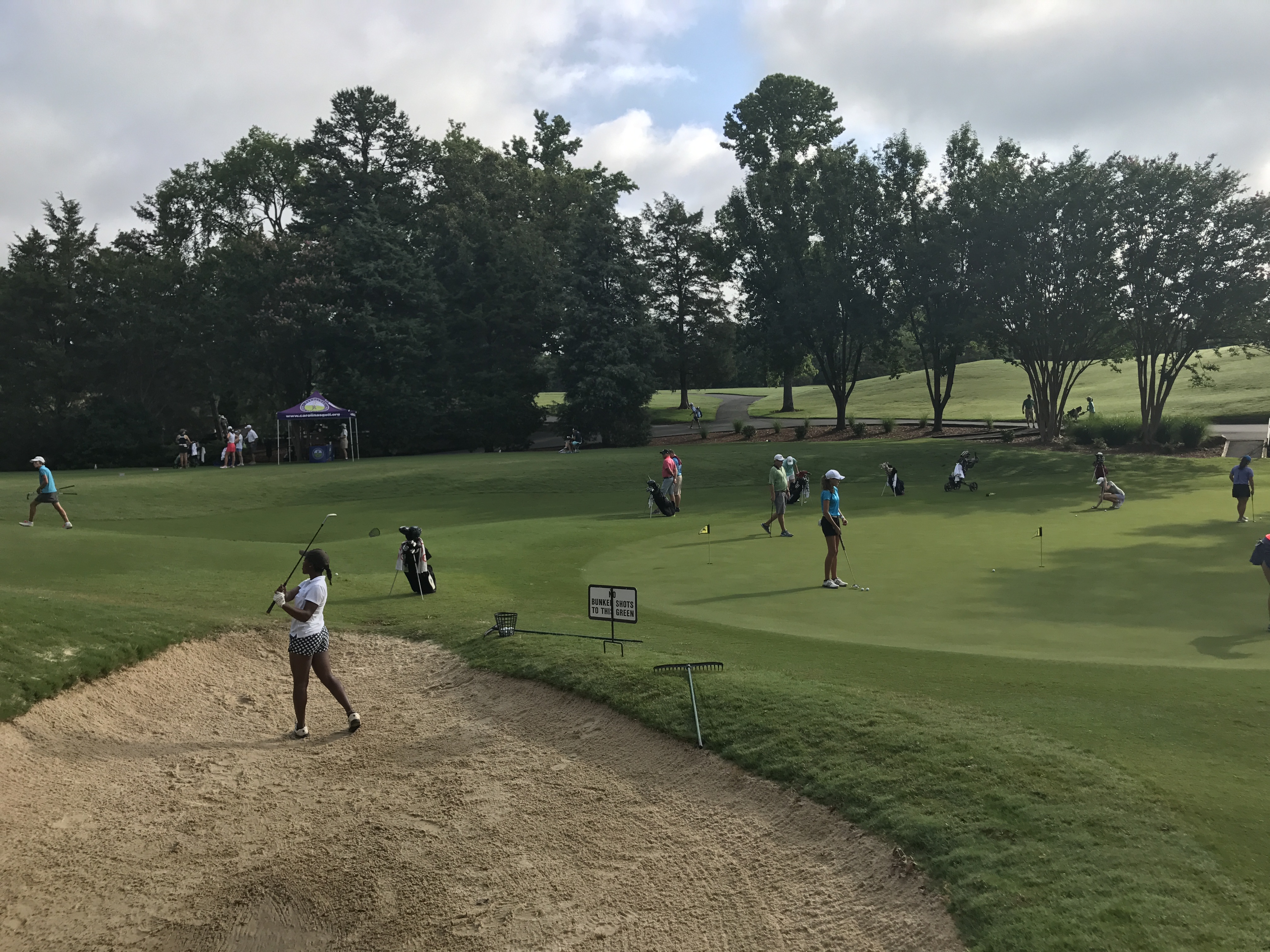
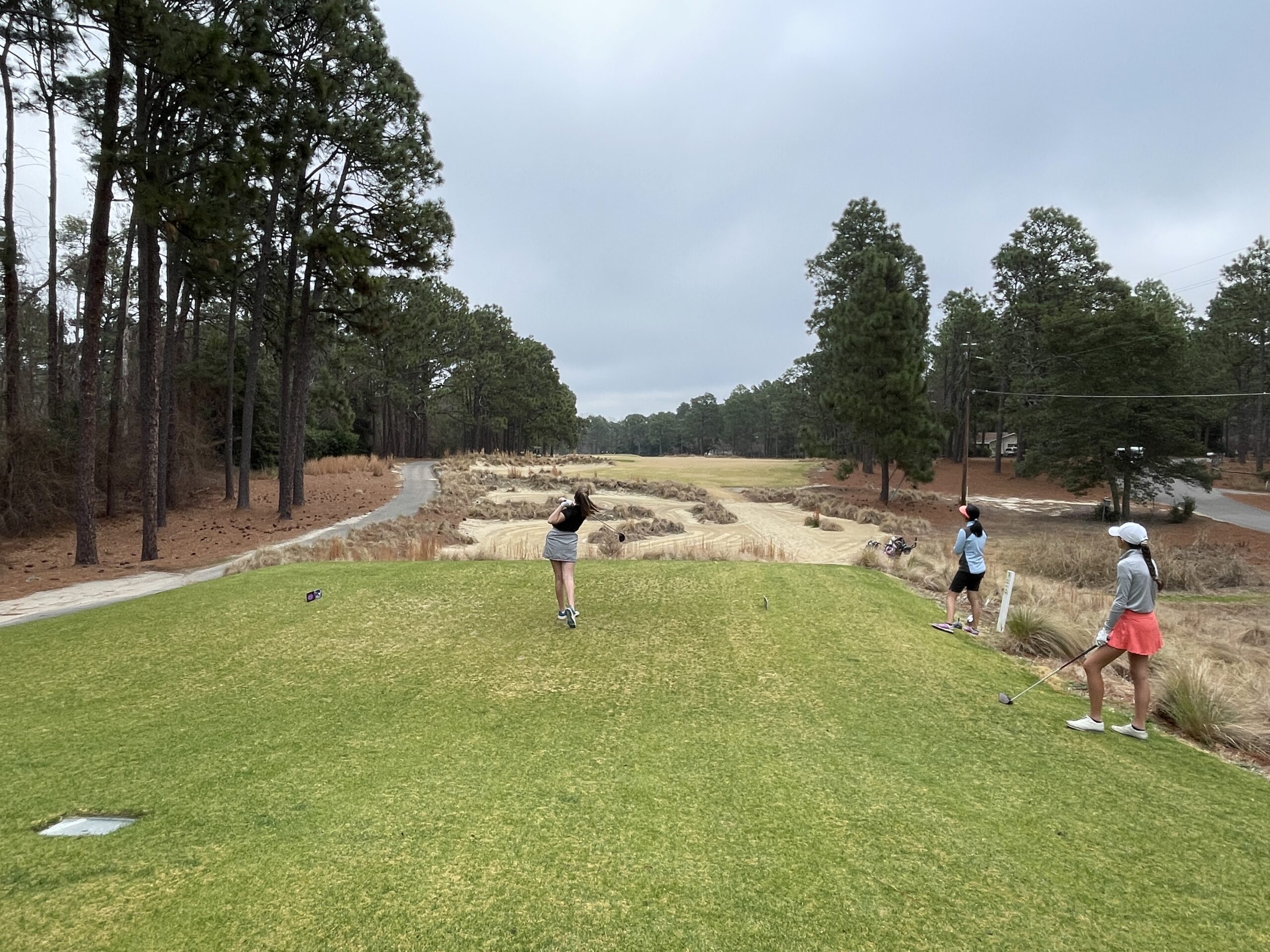
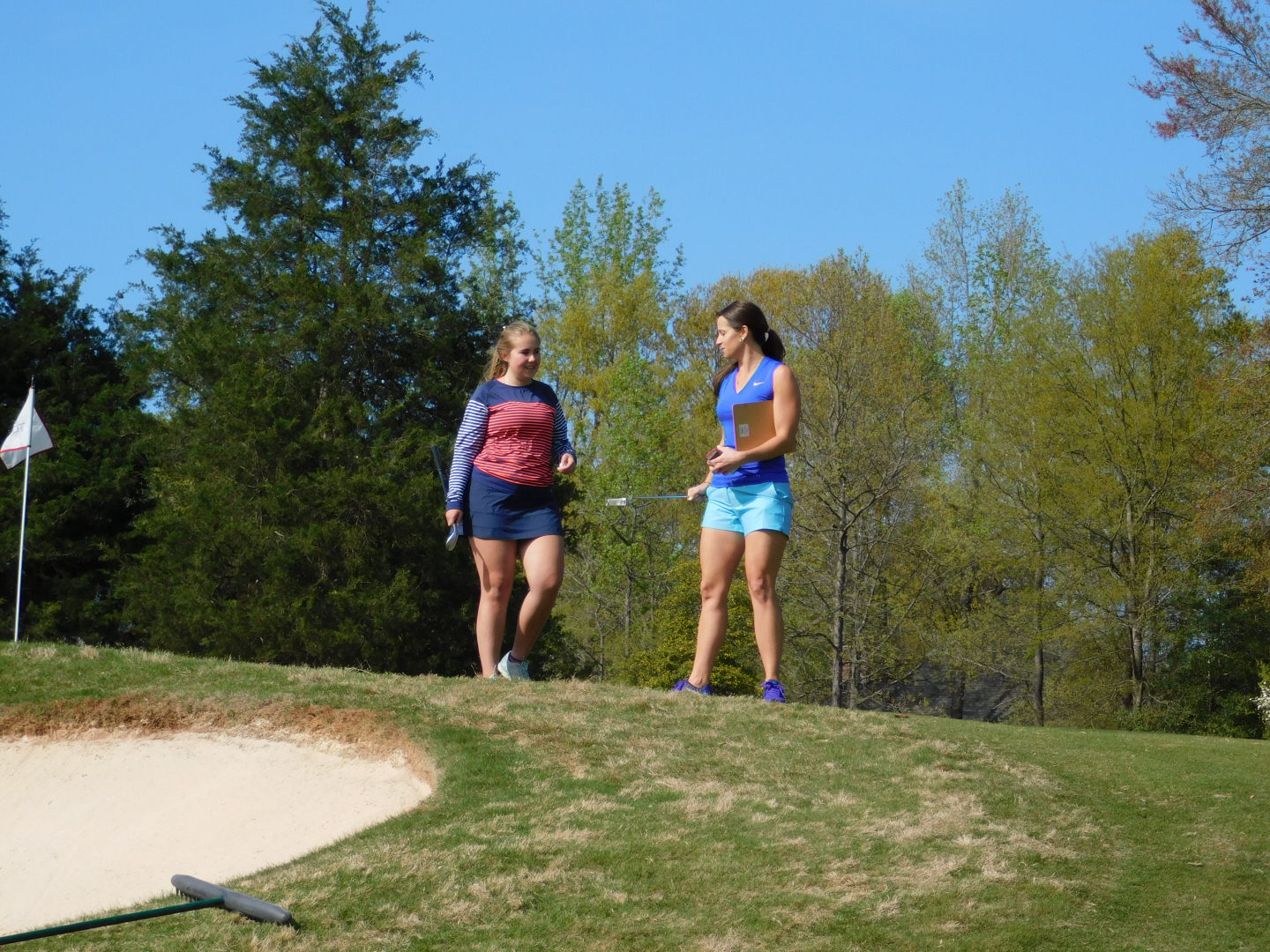
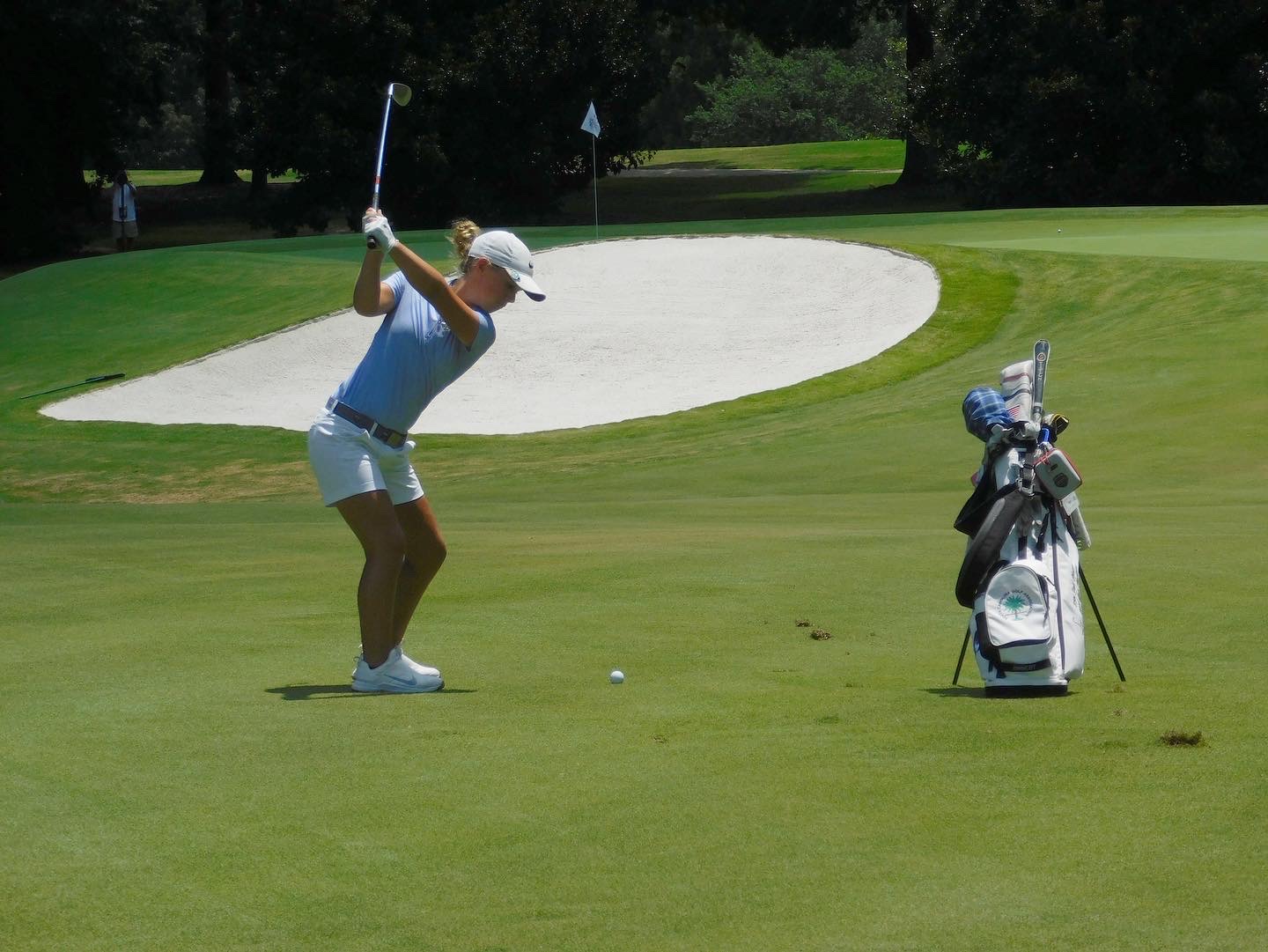
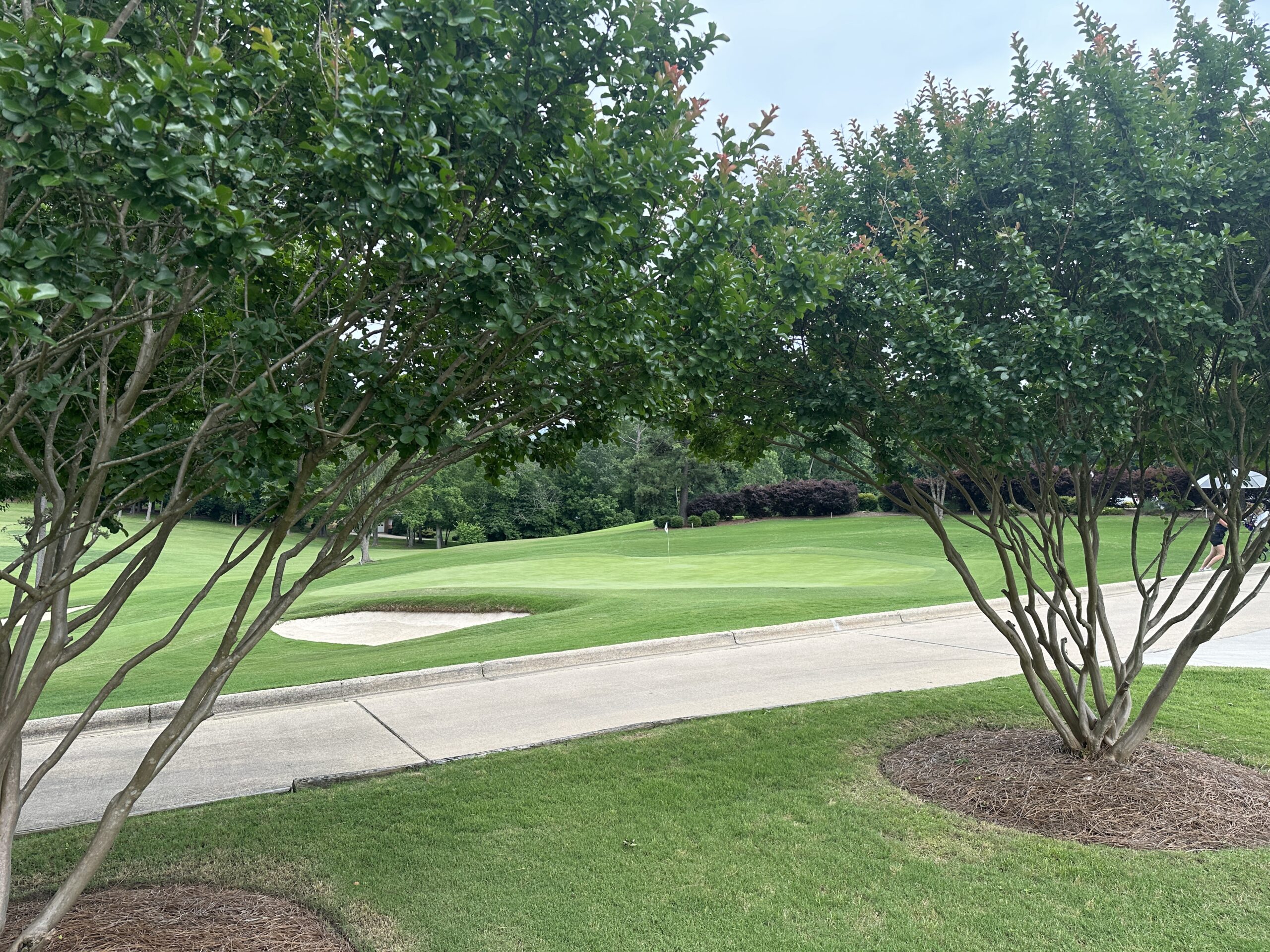
Leave A Comment